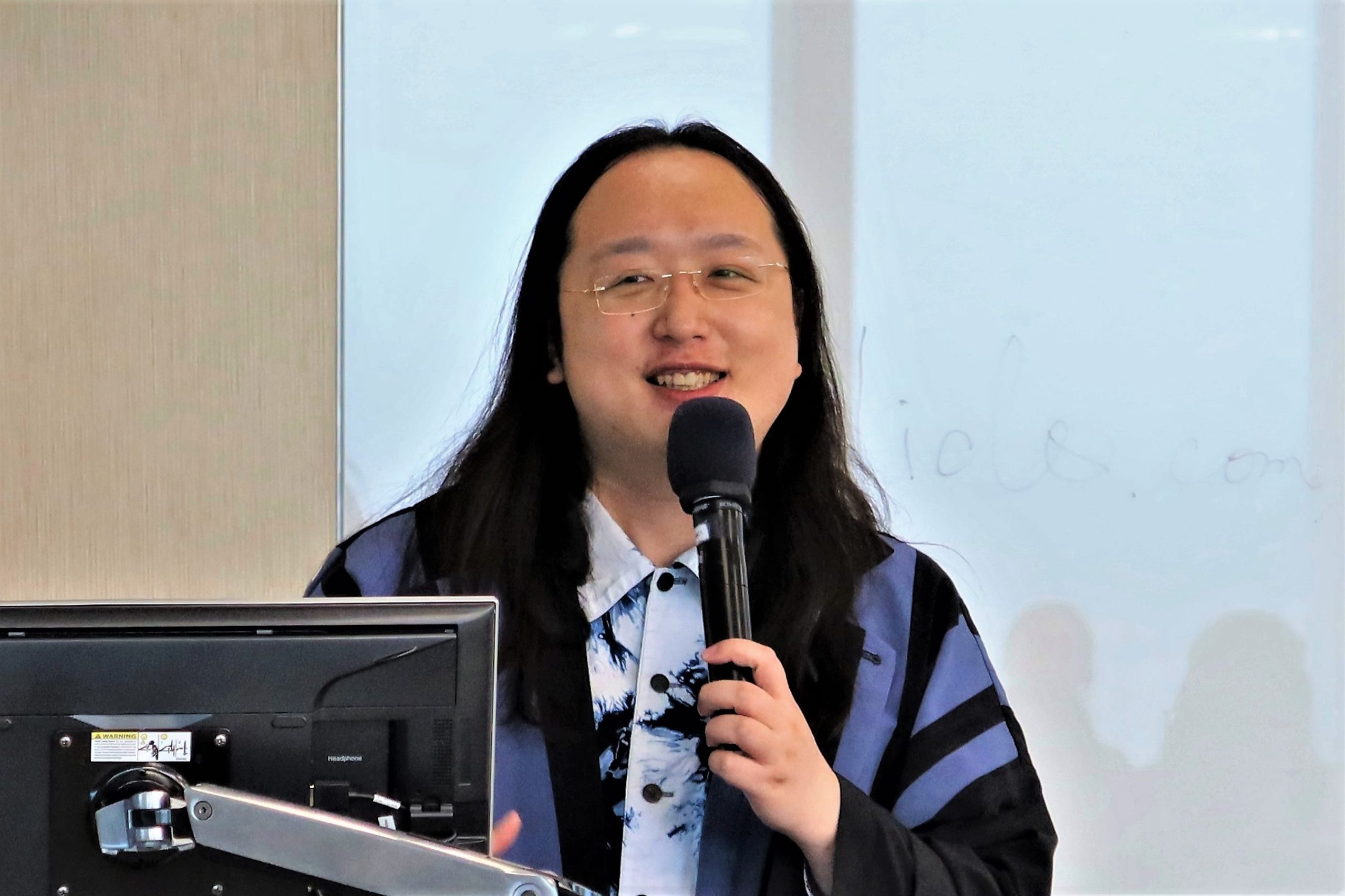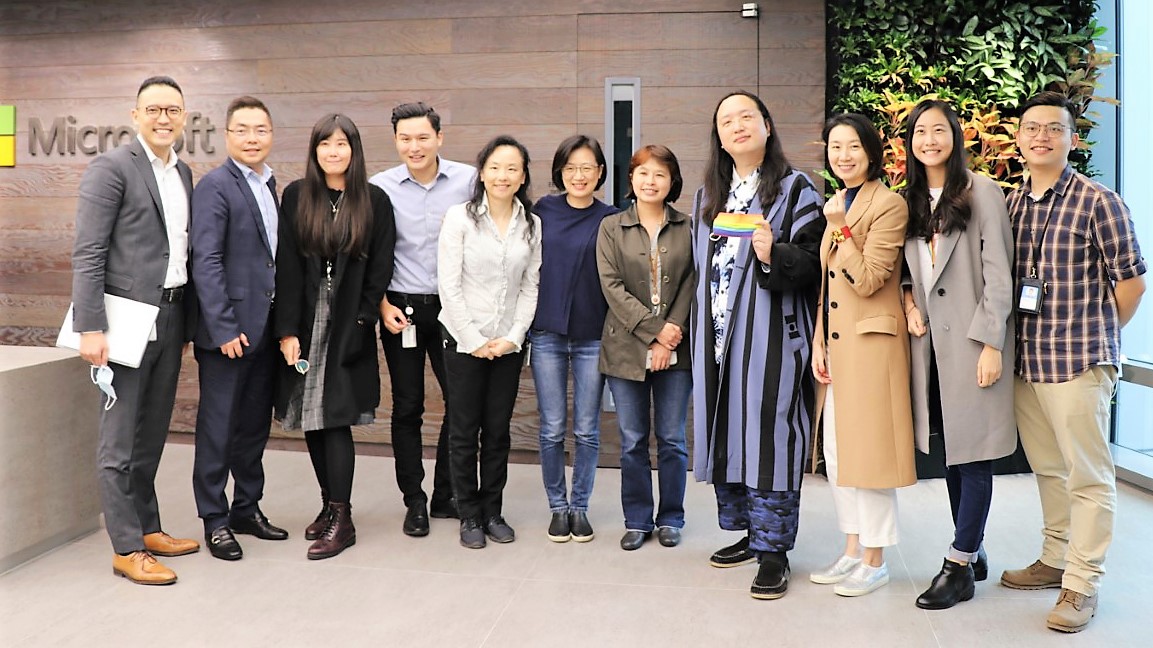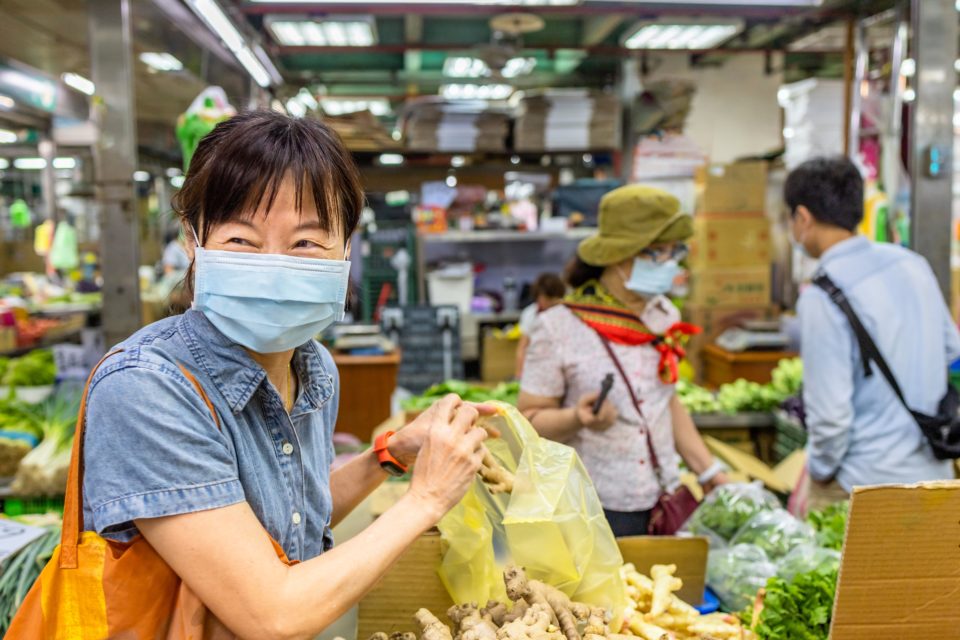Digital Minister Audrey Tang explains the importance of diversity and inclusion for public policy and innovation.
By Angela Chen, Microsoft Taiwan
When the Covid-19 pandemic struck early this year, Taiwan quickly rolled out a nationwide facemask distribution system with a “mask map” that showed where they were available.
But it wasn’t a smooth launch. Complaints poured in from people who had to wait in long lines and were often disappointed when vendors ran out of stock.
A team headed by Taiwan’s Digital Minister Audrey Tang soon stepped in with a set of solutions based on inclusion principles that brought in input from the community. The effort resulted in constantly updated map apps that de-list locations when they run low on masks. It also brought in a numbering system that eliminates long waits and guarantees that citizens can efficiently obtain masks. More than 10 million people have used the apps, according to the BBC.

This inclusive approach was key in making sure everyone stood to benefit, the minister told an audience of Microsoft employees in Taipei recently.
“I am always happy to hear about a different perspective or embrace the different opinions of others,” Tang said. “For example, we took feedback from pharmacists when we built the mask distribution system and tweaked the system regularly. In the end, we were able to design a better system for everyone.”
With a population of 24 million, Taiwan has so far reported a total of 608 cases of the virus and seven deaths. It has about 60 active cases, Reuters has reported. With these numbers, the island’s handling of the pandemic is regarded as one of the world’s most successful containment outcomes.
Tang said collective intelligence – or “crowdsourcing” where everyone gets a say – is the ultimate form of inclusion. It is at the heart of everything she does in her role as digital minister. She strives to make sure that all voices are heard when devising public policy.
“All kinds of creative ideas can come from the public, furthering innovation.”
Inclusiveness is crucial to innovation, Tang believes. “Innovation can become contagious,” she said, and through diversity and inclusiveness, new technology becomes more accessible to people, so the public benefits.
Tang was invited to Microsoft Taiwan headquarters by its diversity and inclusion committee to share her views on the topic.
Tang is transgender and left school at age 14 due to bullying. Sometimes described in the media as a self-taught tech genius, she built a prominent career in Silicon Valley as a programmer, entrepreneur, and consultant. In 2016 the then 35-year-old was lured back home to be appointed the island’s youngest-ever Cabinet member.
Now that Taiwan is in the world’s spotlight thanks to its successful handling of the coronavirus outbreak, Tang sees the combination of its open society and strong technology sector as a calling card. “All kinds of creative ideas can come from the public, furthering innovation,” she said. “Openness and inclusiveness are attractive to foreign investors, as well as to international NGOs (non-government organizations.)”

A prime example of Tang’s philosophy at work was the recent overhaul of Taiwan’s tax filing system. In 2017, someone complained bitterly and in colorful language that the system was difficult to use. Thousands of other negative online posts followed.
Government agencies took the criticism constructively and invited the harshest commenters to the financial information center to discuss the issue. Tang shared a photo from this planning meeting where civil servants sat around a table with the online commentators and engaged in deep discussion. Each had a different perspective and soon were brainstorming together on how to make the system better. The session was live-streamed so that everyone could witness the process.
ALSO READ: Microsoft to establish its first datacenter region in Taiwan
“Normally, when people are facing each other, they’re not as vicious as when commenting online,” said Tang. “And now they were coming together, and more constructive than just being vicious.”
A new tax filing process was tested in 2018 and the following year the fully streamlined tax system received a 98% approval rating from the public. “The citizens co-created the next year’s tax filing system,” she said.
“It’s like we’re putting together a jigsaw puzzle; everyone brings a piece of the puzzle, and eventually, we’ll come up with the solution. That’s the true meaning of inclusion.”
TOP IMAGE: A woman wears a mask as she shops in a market in Taiwan, which has led the world in containing COVID-19. Credit: Getty.
READ more about diversity and inclusion at Microsoft Asia




